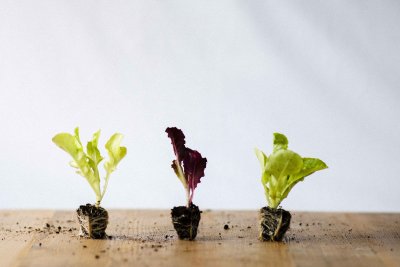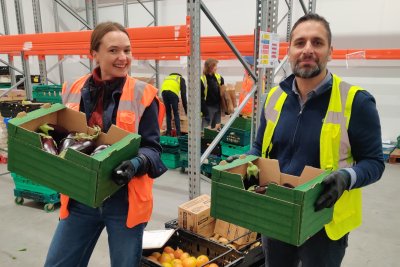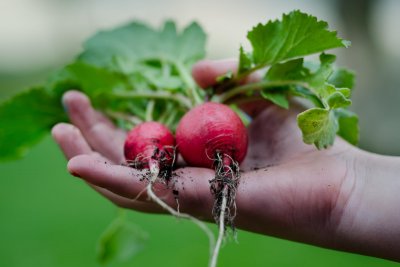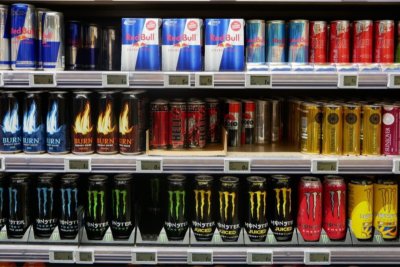Taking on Big Livestock in Spain
Think river pollution is just a river Wye issue? Think again. Campaigners in Spain found up to ten times the legal nitrogen levels in rivers near factory farms. Here we reveal the pioneering work of Amigos de la Tierra (Friends of the Earth) Spain, and what we can learn in the UK about the fight against factory farms.
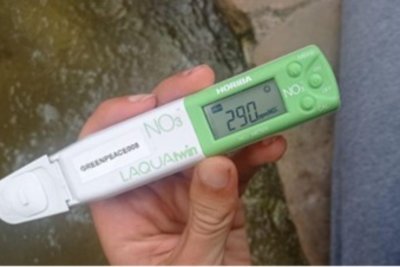
Amongst the charming hills and valleys of south-eastern Spain a hidden industry is booming. A region once characterised by small-scale family farming now reportedly houses nearly 35 million pigs in 70,000 intensive livestock units, producing meat largely for export markets. The industry stands accused of exacerbating social injustice – with units owned by, and generating profits for, a handful of corporations like Grupo Fuertes, Incarlopsa, Grupo Valls Companys, and Grupo Jorge.
The Ecological Toll of Industrial Livestock Farming
Intensive livestock units pollute the air, contribute significantly to deforestation in the global south (thanks to their dependence on imported feed) and have a colossal greenhouse gas footprint.
The links between water contamination and agriculture have been known for decades, with livestock accounting for a staggering 81% of nitrogen pollution in water systems in the EU. Nitrogen exposure harms aquatic ecosystems and human lung function and growth.
Spain is Europe’s leader in pork production and is characterised by vertically integrated models, with one business owning the pigs, feed, and associated materials like veterinary treatment. They subcontract to farmers to run units day to day for fattening and reproduction. Contracts are normally signed with fixed prices per animal. Losses such as the death of animals and liability for environmental damage fall on the rancher.
Why Spanish campaigners tested rivers
Amigos de la Tierra identified river pollution as an opportunity to expose the intensive livestock industry, bring their hidden harm to light and as a tool to demand action. There are European, state, and regional regulations which are supposed to address nitrogen pollution, including Council Directive 91/676/EEC which sets maximum legal limits for nitrate levels in rivers. Thus the state can be held to account. Spain was actually sanctioned by the European Commission for failing to uphold this directive, including for taking away nitrate control stations instead of increasing them, for deficiencies in the declaration of vulnerable zones, and incomplete action plans.
Investigating the Crisis
Friends of the Earth conducted water testing investigations across the Valencia region. Through public information request, they found that the area – which is roughly twice the size of Yorkshire - contains 907 pig farms and contains a total of 1,375,523 pigs.
What did water testing investigations find?
Castellón
Castellón, with its dense concentration of pig farms, emerged as a pollution hotspot. Seven locations were measured in the municipalities of Coves de Vinromà, Cabanes, Benlloch and Vall d'Alba. They found nitrate levels exceeding legal limits in 43% of measured sources. The most alarming measurement was found in Benlloch, home to 12 megafarms and 36,719 animals. It has been declared a Nitrate Vulnerable Zone, and therefore should not exceed 25 mg/l. A spring source tested reached 290 mg/l, more than 10 times the legal limit. Another reached 36 mg/l. In Cabanes (also a Vulnerable Zone) 3 of the 7 sources measured had illegal nitrate levels.
Valencia
Eight locations in Valencia – which is also an area with a high concentration of factory farms - were measured in the municipalities of Los Corrales, Las Casas, Caudete de las Fuentes, Fuenterrobles and Utiel. None are Vulnerable Zones, so the maximum legal nitrogen limits are 50 mg/l. 3 of 8 sources tested exceed this limit. One area - the Fuente Chica de Caudete de las Fuentes - measured 100 mg/l. Worryingly, inhabitants say many people drink water freely from this river.
Alicante
Alicante is the province of Valencia with the smallest number of intensive livestock farms. The two sources measured in the municipality of Dènia gave values of 45 and 25 mg/l. The high – in fact in one case illegal – values also measured here may be due to industrial agriculture using nitrogen fertilisers. This points to the need for action on all agricultural pollution sources - synthetic fertilisers for crops as well as industrial livestock.
Campaigners in Spain are calling for a moratorium on factory farming and a transition to agroecology
In addition, they demand better slurry storage and more measuring and testing stations. Recognising the need for demand-side change, they are also calling for better public information about water contamination and its relationship with meat consumption, as well as active promotion of sustainable foods from local, agroecological producers.
What can we learn from Friends of the Earth Spain’s work?
The investigations found yet more evidence of the link between intensive livestock units and harmful levels of pollution. Whilst it’s not possible to identify cause and effect, this investigation again linked high pollution with factory farm hotspots, consistent with studies elsewhere. It makes the global agribusinesses’ denial of their responsibility for pollution all the more implausible.
The myth of ‘local food’. In the UK, we see agribusinesses claim their operations will be beneficial to local communities and economies when they apply for planning permission. It’s clear that in Spain as in the UK, the industry is actually taking profits elsewhere. They benefit a handful of large corporations for export markets whilst local public resources – valued and needed by local communities – are contaminated.
Simply having pollution reduction targets isn’t enough – it’s been shown that despite legally-binding pollution limits, the industry has the freedom to continue to grow. There is a clear need for a ban on any expansion of the industry, and to go beyond pollution targets. Improved testing, enforcement, and public data reporting is urgently needed.
We must have international solidarity in our opposition to intensive livestock corporations. It’s clear that local communities suffer from contaminated waters, air and soils when factory farms move in. When we develop climate change, health and diet policy, harms that result both locally and globally must be considered. This means we need to change both what we grow and eat in the UK, in solidarity with all communities that are suffering devastating impacts. We must reduce livestock numbers – dramatically – and change diets. Crucially these dietary changes must come by making good choices easier and more affordable, including through sustainable public sector food and mandatory emissions reductions for businesses. See Sustain’s manifesto for more.
This investigation was supported by Sustain through a grant from Heathy Food, Healthy Planet.
Published Wednesday 19 June 2024
Food for the Planet: Food for the Planet is helping local authorities, businesses and organisations take simple actions to tackle the climate and nature emergency through food.

